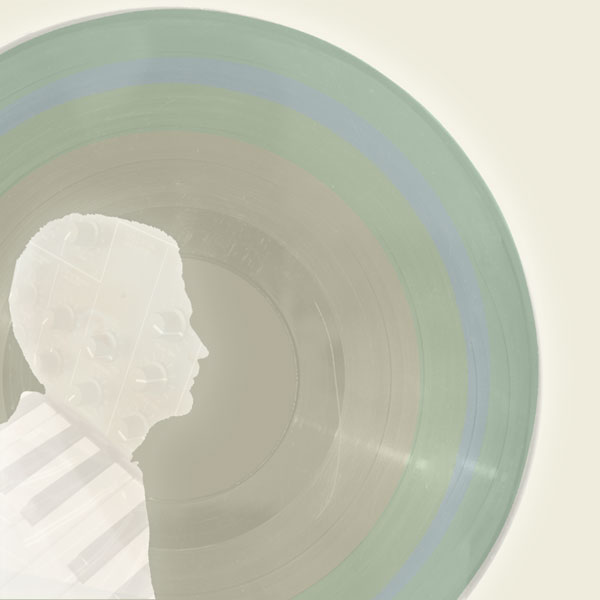How to Sample
There’s music in the air and you’re sharp enough to hear it. The joy of creative sampling is in capturing elements of your world and rearranging them in to art. Preserve elements of your world and arrange them in ways that, years from now, will bring back memories of days, places, and people gone by.
Sample your daily life; your school, your office, home and commute.Let your arrangements reflect who you are and use them introspectively to uncover who you would like to become. Sample special events. Let the exercise of sampling call your life what it is; if you find you’re pulling boring, dry, dull material, find more interesting places to spend your time. If you’re a creative mind in an uninspired environment, either dig in to the details or know it may be time for a change.
You don’t need expensive equipment to start. Just find a way to capture sound, edit it, and export it. Start with a cell phone and Audacity on a crappy laptop and build up your gear from there. If you’re reading this post you almost certainly have all the hardware you need. All you *want is another story, for you and me both.
- environment: the air around you
- voice: make some noise
- instrument: acoustic, electric, etc.
- home movies: dust off the VHS
- Public-use Material, Creative Commons, Archive.org
- Sources: the spirit starts here
- Capturing: garbage in, garbage out
- Editing/Arranging/Using: the creative touch
- Cell Phone > eMail > editing
- Recorded sounds > interface > editing
- Live sounds > interface > editing
- Digital files > editing
A Note on copyright: Sampling copyrighted material is a very sticky issue; in broad legal strokes, simply don’t do it. It’s great to be inspired by copyrighted material, to listen for techniques and approaches to sound outside of your own, but don’t just stumble upon an “undiscovered” drum break from a 70s funk album, rip it, and think you’re getting away with something. You’ll get called on it. There are plenty of people who’ve been hunting for samples longer than you.
Consider your creative integrity—it’s the real reason to stay clear of directly pulling other people’s work. Don’t sell yourself short. If you can’t match production levels or reach the final product you’re striving for, keep working at it. If you want to be a funky drummer, wear out a few kits. Space bass? Slap some strings. Growling Rhodes? Practice your chords. Put the effort in. Make it yours. Acquire skill, not shortcuts. Imitate what inspires you, don’t copy it and call it your own.
Now, there is merit in the study of samples against their original recordings. You’ll sharpen your ability to listen for strong hooks and subtle grooves and stumble upon some *great music along the way (and find out why these artists and albums were sampled in the first place).
